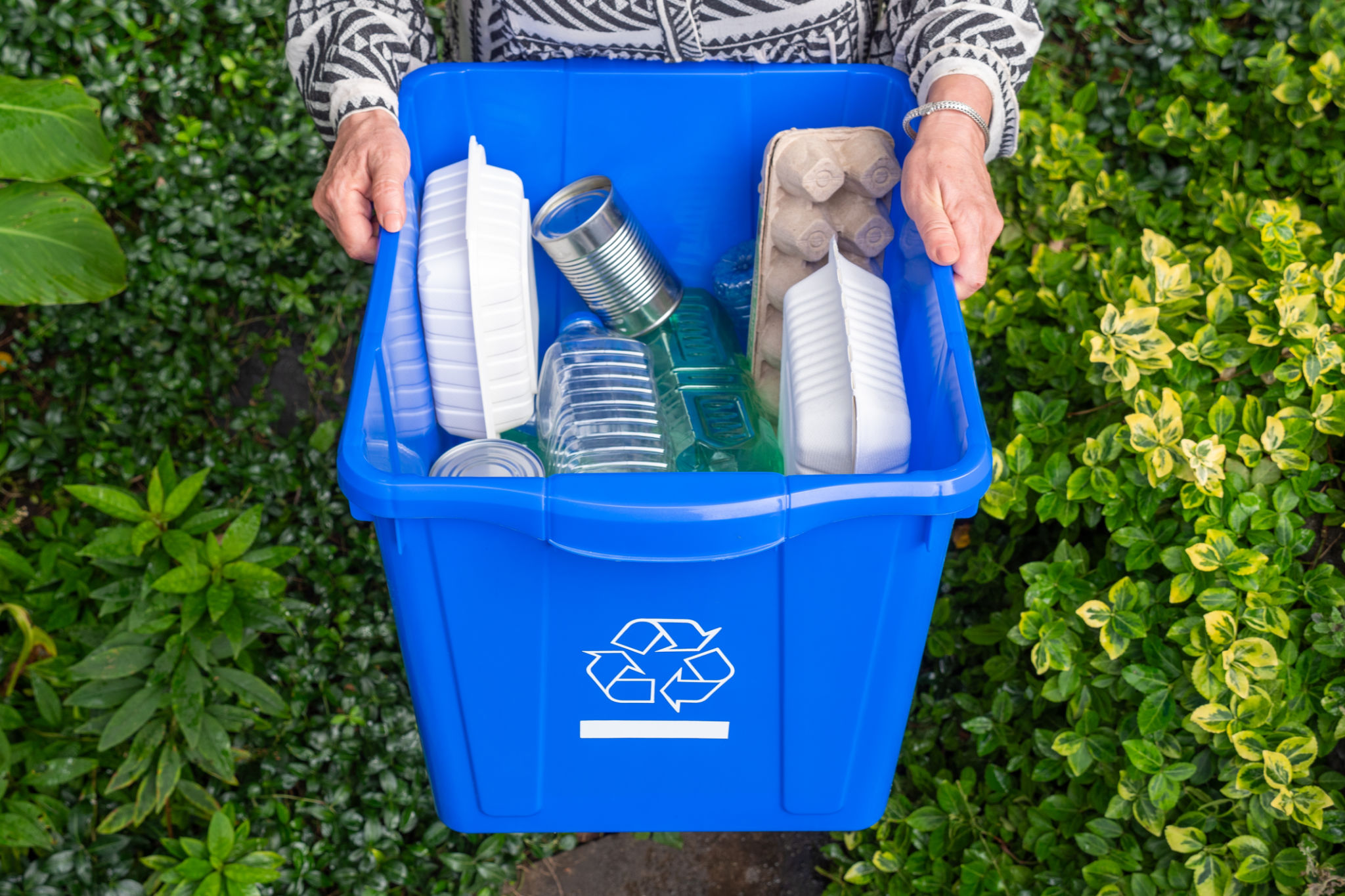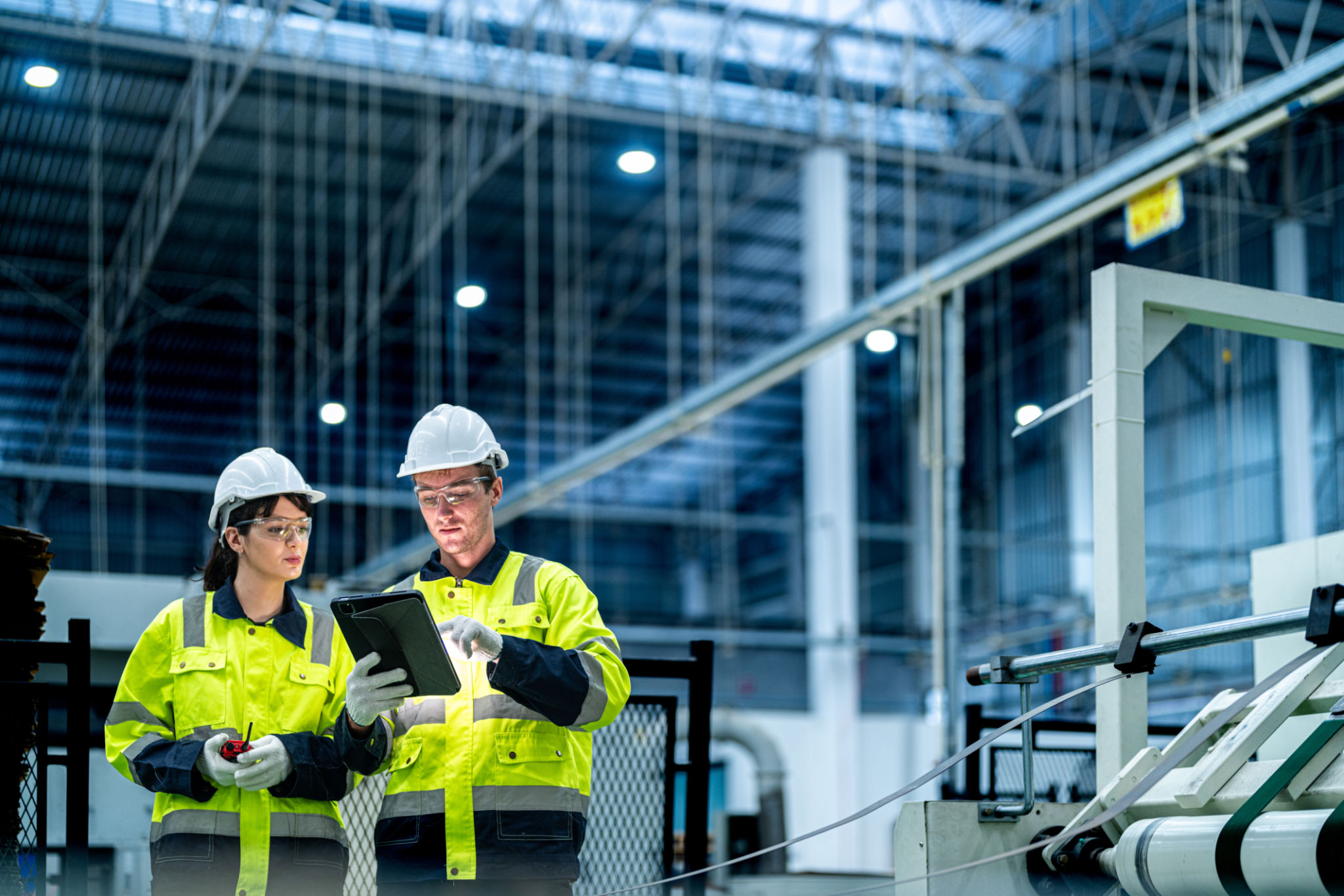Understanding the Recycling Process in Georgia: A Step-by-Step Guide
Introduction to Recycling in Georgia
Recycling is an essential process that helps in conserving the environment and managing waste effectively. In Georgia, recycling involves various steps that ensure materials are processed correctly and efficiently. Understanding these steps can help residents participate more actively in the recycling process, contributing to a cleaner and more sustainable environment.
The Collection Process
The first step in the recycling process is collection. In Georgia, this is typically done through curbside pickup, drop-off centers, or buy-back centers. Each system has its own set of guidelines about what can be collected and how it should be prepared. Knowing the rules for your area ensures that your recyclables are accepted and processed correctly.
Curbside pickup is the most common method and usually involves placing recyclables in designated bins outside your home. It's important to separate materials according to local regulations, which often require sorting plastics, glass, metals, and paper products.

Sorting and Processing
Once collected, recyclables are taken to a Material Recovery Facility (MRF) where they are sorted by material type. The sorting process involves both manual and automated methods to separate items efficiently. This step is crucial because contamination can reduce the quality of recycled materials and increase processing costs.
After sorting, the materials are cleaned to remove any contaminants like food residue or labels. This ensures that the recycled products are of high quality and can be used to manufacture new items.
Manufacturing New Products
The next step is manufacturing. In Georgia, recycled materials are transformed into new products through various industrial processes. For instance, recycled plastics might be turned into new containers or textiles, while glass can be melted down and reformed into new bottles or jars.

Recycling not only conserves resources but also reduces energy consumption during manufacturing. Using recycled materials often requires less energy compared to producing new materials from scratch, making it a more sustainable option.
The Role of Consumers
Consumers play a vital role in the recycling process. By purchasing products made with recycled content, they create demand for these materials, encouraging manufacturers to continue using them. Additionally, properly preparing and sorting recyclables at home ensures that materials are processed efficiently once they reach the MRF.
Education on recycling practices is also important. Many communities in Georgia offer resources and programs to help residents understand what can be recycled and how to do it correctly.

Challenges and Opportunities
Despite its benefits, recycling in Georgia faces several challenges. Contamination remains a significant issue, as improperly sorted or dirty recyclables can disrupt the entire process. However, there are opportunities to improve through technology advancements and public education campaigns.
The state continues to invest in improving recycling infrastructure and policies. By staying informed and actively participating in local programs, residents can support these efforts and help enhance the effectiveness of recycling in Georgia.
Conclusion
Understanding the recycling process in Georgia is essential for maximizing its benefits. From collection to manufacturing, each step plays a critical role in ensuring materials are reused effectively. By adhering to local guidelines and supporting initiatives aimed at improving recycling practices, Georgians can contribute to a healthier planet for future generations.